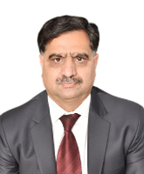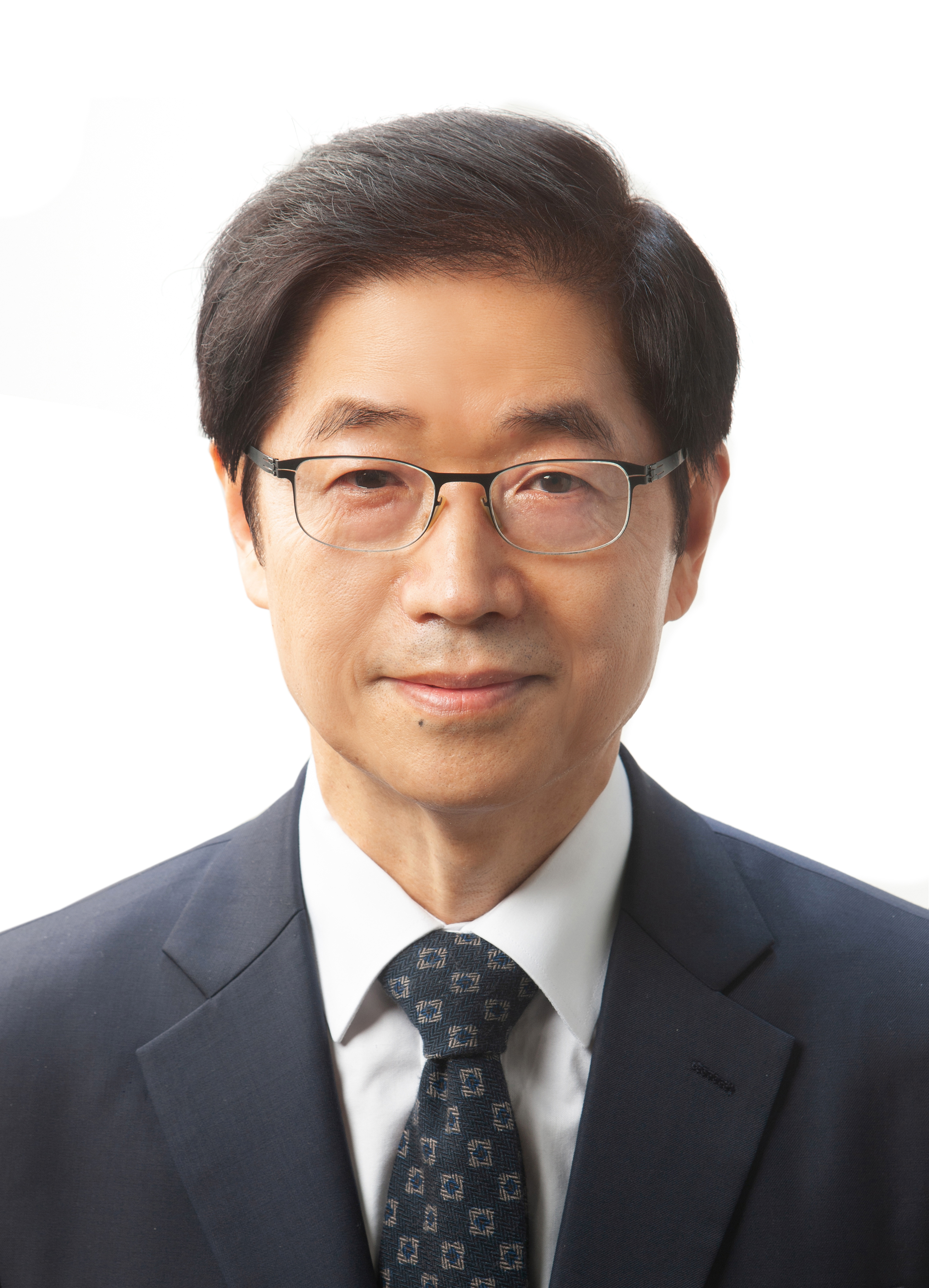Keynote Speakers
Ishaq Ahmad
Director General and Chief Scientist of CoE Physics, National Center for Physics, Islamabad, PakistanCo-Director of NPU-NCP Joint International Research Center on Advanced Nanomaterials and Defects Engineering Northwestern Polytechnical University Xian China
Speech Title: Novel Accelerator-based Techniques to advance materials investigation
Abstract: In the field of advanced materials exploration, researchers have traditionally relied on conventional methods and have been hesitant to adopt advanced approaches to uncover new knowledge and insights. However, accelerator-based techniques offer significant benefits in terms of research data and a deeper understanding of scientific issues in materials science.
This presentation will briefly discuss the various accelerator-based techniques that can benefit material characterizations using synchrotron radiation, neutron, ion, and electron beams, and will compare these with conventional techniques.
The primary aim of this presentation is to raise awareness of these advanced accelerator-based techniques for materials investigation and to identify opportunities for worldwide access to these techniques, thereby driving innovation in materials research.
Biography: Dr. Ishaq Ahmad currently hold the positions of Director General and Chief Scientist of CoE Physics, National Center for Physics, Islamabad, Pakistan and Co-Director of NPU-NCP Joint International Research Center on Advanced Nanomaterials and Defects Engineering Northwestern Polytechnical University Xian China. He is a Chief Scientific Investigator of International Atomic energy Agency (IAEA), Vienna, Austria under CRP-G42008. He obtained his PhD in Nuclear techniques and applications, especially in ion beam accelerator applications in materials science from Shanghai Institute of Applied Physics, Graduate University of CAS (Chinese Academy of Science), Beijing, China. He has co-authored over more than 240 research papers in international reputed journals and contributed in 8 books and 19 book chapters in reputed publishers. He supervised several Master, PhD and Postdoctoral local and abroad students. His research interests are focused on ion beam applications in materials/nanomaterials, synthesis of nanomaterials/thin films and ion beam analysis of materials. He is a senior fellow of UNESCO UNISA AFRICA Chair in Nanosciences/Nanotechnology, iThemba LABS (Laboratory for Accelerator based Sciences), South Africa. He initiated many bilateral/trilateral science and technology cooperation around the world especially with Chinese, Russian and Malaysian universities in the form of MoUs and Joint research centers. He has many awards and honors on his credit.
Haiwon Lee
Distinguished Professsor, Jeonju University, South KoreaSpeech Title: Overview of Korea Nanotechnology Initiative and the K-Semiconductor Belt
Abstract: This presentation will delve into the current status of the Korea Nanotechnology Initiative, highlighting its key achievements, and future directions. The initiative's impact on various industries and its contribution to the field of nanotechnology will be discussed. By examining the initiative's objectives, strategies, and success stories, this presentation aims to provide valuable insights into Korea's advancements in nanotechnology and their implications for the global research and development landscape. For instance, The NANO KOREA, one of the world's top three events in the field of nanoscience and nanotechnology, has been held annually since 2003 for the purpose of exchanging the latest research results and promoting industrialization. The world’s largest semiconductor supply chain, the K-Semiconductor Belt, will be built in Korea by 2030. A brief plan of the K-Semiconductor Belt will be introduced.
Biography: Prof. Haiwon Lee received his Ph.D. in Chemistry from the University of Houston. Dr. Lee has published more 220 technical papers in the area of chemistry and materials. His research has focused on functional materials for nanostructured devices, nanolithography, biosensors and microfluidic system. Dr. Lee was a Research Associate in the Department of Chemistry at the University of Texas-Austin (1986-1988). His experience in Korea includes: Principal researcher at Korea Research Institute of Chemical Technology (KRICT) (1988-1993); Professor of Chemistry Dept. at Hanyang University (1993-2019); Research Advisor of Frontier Research System at the Institute of Physical and Chemical Research (RIKEN) in Japan (2000-2004); Visiting Professor at Max-Planck-Institute for Polymer Research in Germany (1997); Co-chairman of AsiaNANO conference (2002-2012); Visiting Professor at Pennsylvania State University in USA (2002-2003); President of Industry-University Cooperation Foundation and Dean of Colleage of Natural Sciences at Hanyang University (2006-2010); Adjunct Professor of Chemistry Department at the University of Texas-Dallas (2008-2010); Distinguished Professor of Hanyang University (2008~2029): President of Korea Nanotechnology Research Society (2014-2016); Editor-in-Chief of Nano Convergence (2016-2018); Specially Appointed Professor at Tokyo Institute of Technology (2019-2021); Special Advisor at Alliance of Internatioal Science Organizations (2020-2022). Currently he is Emeritus Professor of Hanyang University since 2019, Distinguished Professsor of Jeonju University since 2023, President of Asian Research Network Korea since 2012 and Member of the National Academy of Engineering of Korea since 2011, Policy Advisor for Jeonbuk State since 2023, Vice President of Jeonju University since 2024. Dr. Lee is the recipient of Doyak Medal from the Order of Science and Technology Merit of Korean Government in 2016.
Updated soon...


